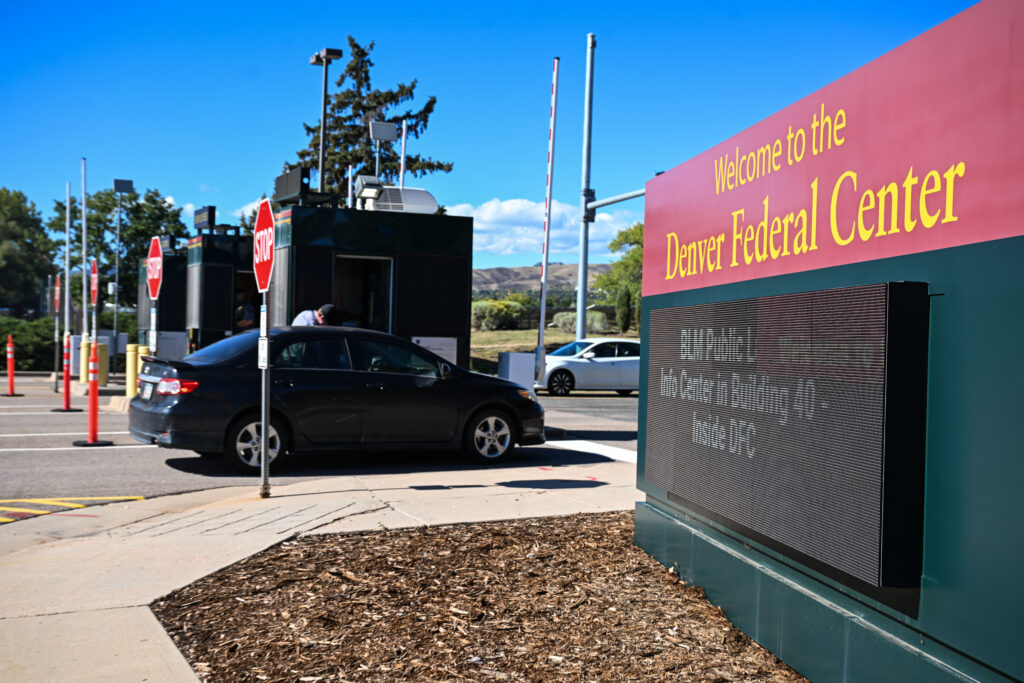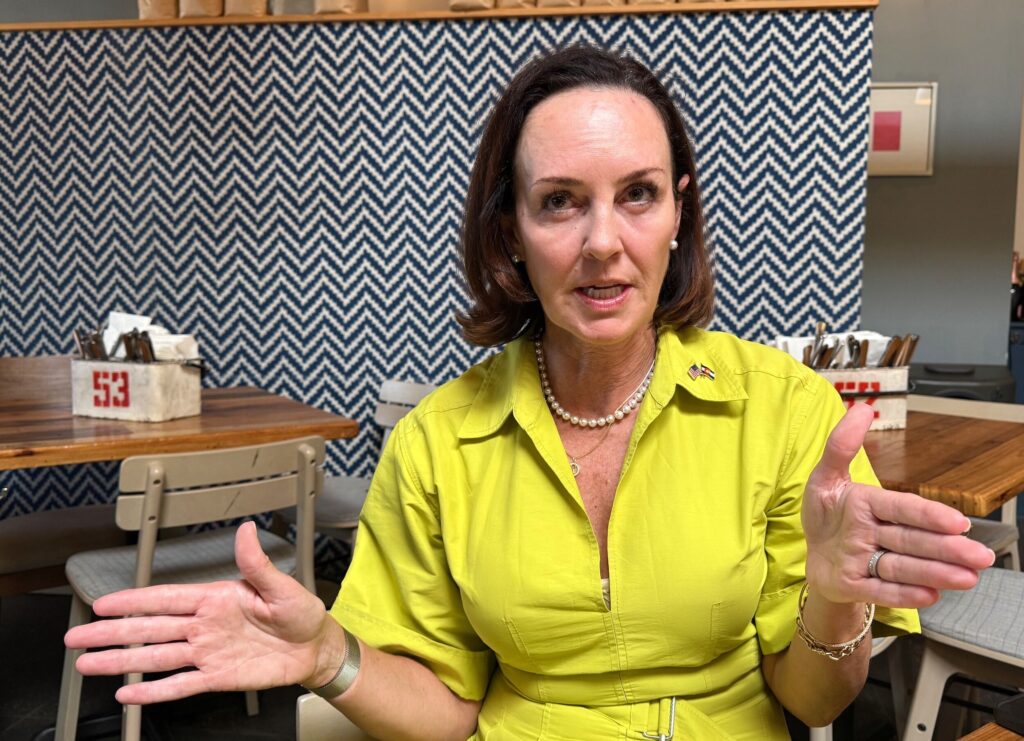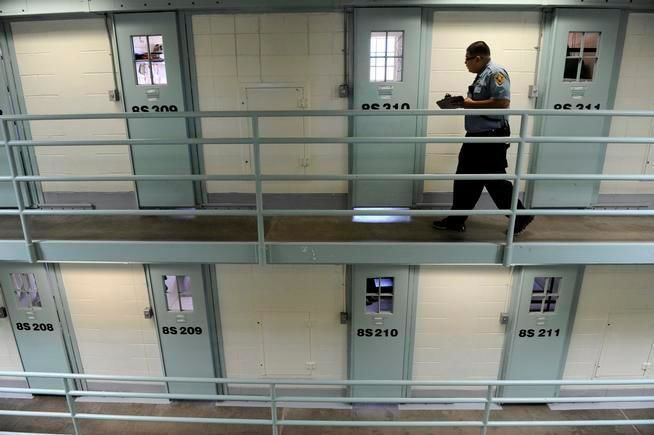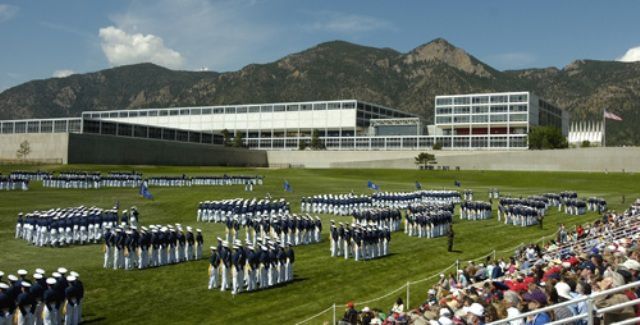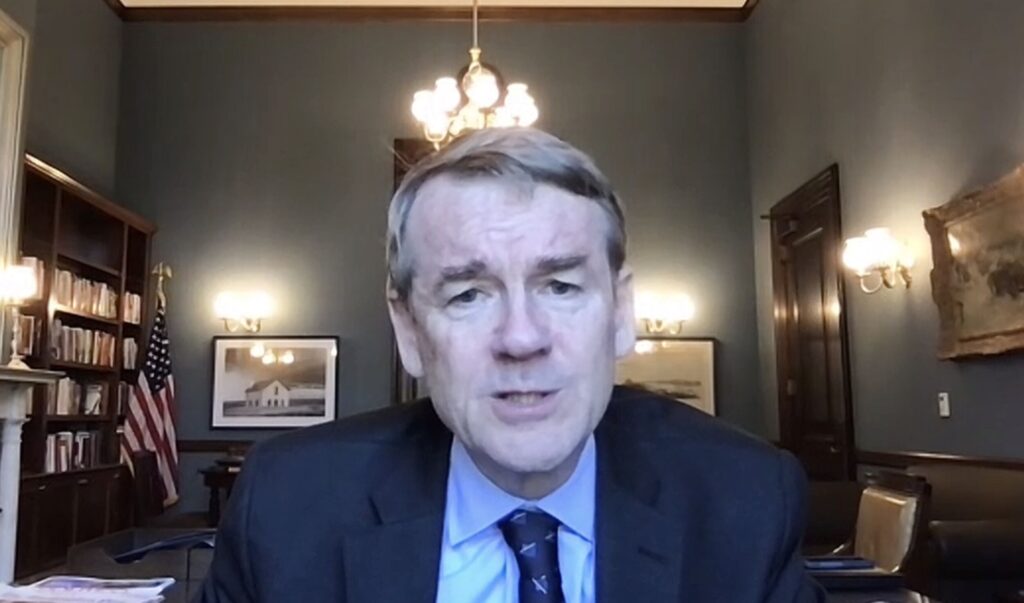Webb: Renewed diplomatic relationship with Cuba good for America
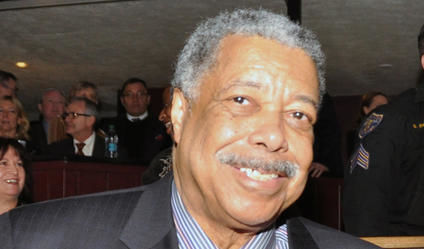
The word “retirement” is not part of my vocabulary and since leaving the mayor’s office in 2003 I have not taken more than a few days off, except for vacations with my wife and family.
But a knee replacement this summer, followed by more than a month of physical therapy, has given me time to reflect on a number of things, including the recent renewed diplomatic relationship between the United States and Cuba.
Most Americans, especially younger generations, do not understand the complexity of the issue. Older folks remember the fear during the Cuban missile crisis and the years of conflict with having a Communist country as a close neighbor. I always believed that normalizing relationships with Cuba and lifting the embargo was the best way to fight Communism there.
But there was another reason I have been an advocate for Cuba since the 1960s.
For me and others who fought for the liberation and independence of African countries through the 1980s, Cuba was the only country that sent doctors and more than 50,000 troops to support that effort.
While the U.S. government was disengaged from this human rights issue, many Americans marched, protested, boycotted, raised money and spoke out from street corners to college classrooms fighting for countries including Mozambique, Angola, Guinea Bissau and South Africa to be freed from their colonial shackles and govern on their own.
When I was appointed to the United Nations in 2009 as a U.S. delegate by President Obama, following a nomination by then Secretary of State Hillary Clinton, I pushed for renewed diplomatic relations with Cuba. I also encouraged our leaders to support Nelson Mandela International Day in honor of the first black president of South Africa, which takes place each year on July 18.
African nations always supported Cuba at the UN because of the Cubans’ long involvement in their fight for independence, even if it meant opposing the United States. The Cubans also memorialize their soldiers in museums who died in the African conflicts.
When I was mayor, I led a group – including other mayors, council members,business people and non-profit leaders – on a trade mission to Botswana and South Africa. I wanted people to see firsthand that Africans have the same desires as Americans: to have political and religious freedom and the ability to pursue their dreams. Many members of the group later called the trip “life changing” because not only did we see the beauty of the countries and friendliness of the Africans but also the hardships of poverty in Soweto and tragedy of the AIDS epidemic there.
As travel restrictions lessen for Cuba, my hope is more Americans learn about the Cuban people and their needs and desires. It is fascinating to see the 1950s vehicles on the streets – because they couldn’t import or afford new cars – and residents who have never used the internet.
For more than 50 years, we have looked upon Cuba as a neighbor we feared. Now is time to visit that neighbor, get to know them and help them transition into the global world. Thank you, President Barack Obama for giving us this opportunity to rebuild this relationship.
Wellington Webb served as Denver’s first African American mayor from 1991-2003. He is the only mayor to be elected president to the U.S. Conference of Mayors, U.S. Conference of Mayors, the National Conference of Black Mayors and the National Conference of Democratic Mayors.




